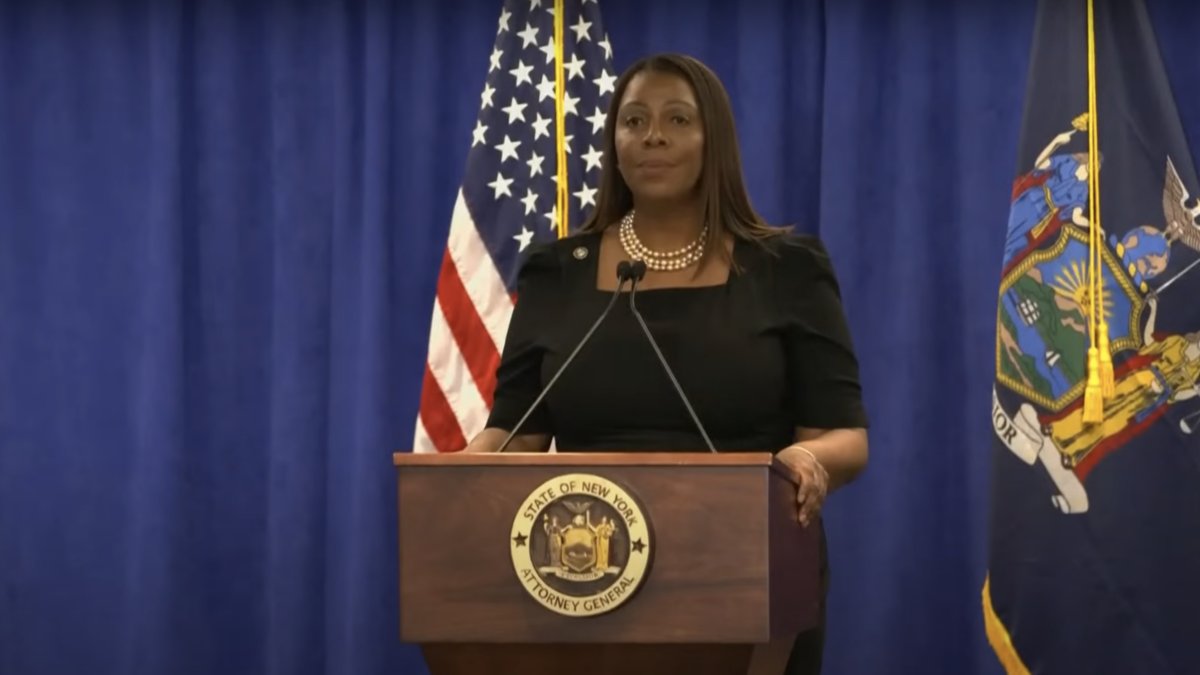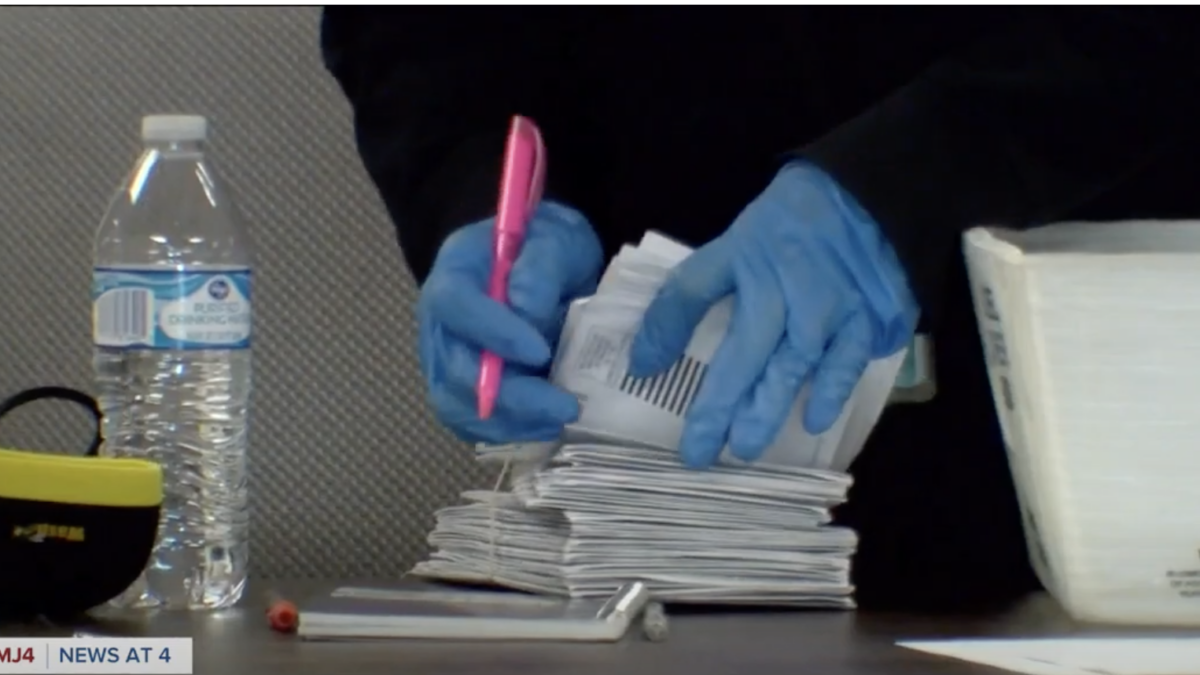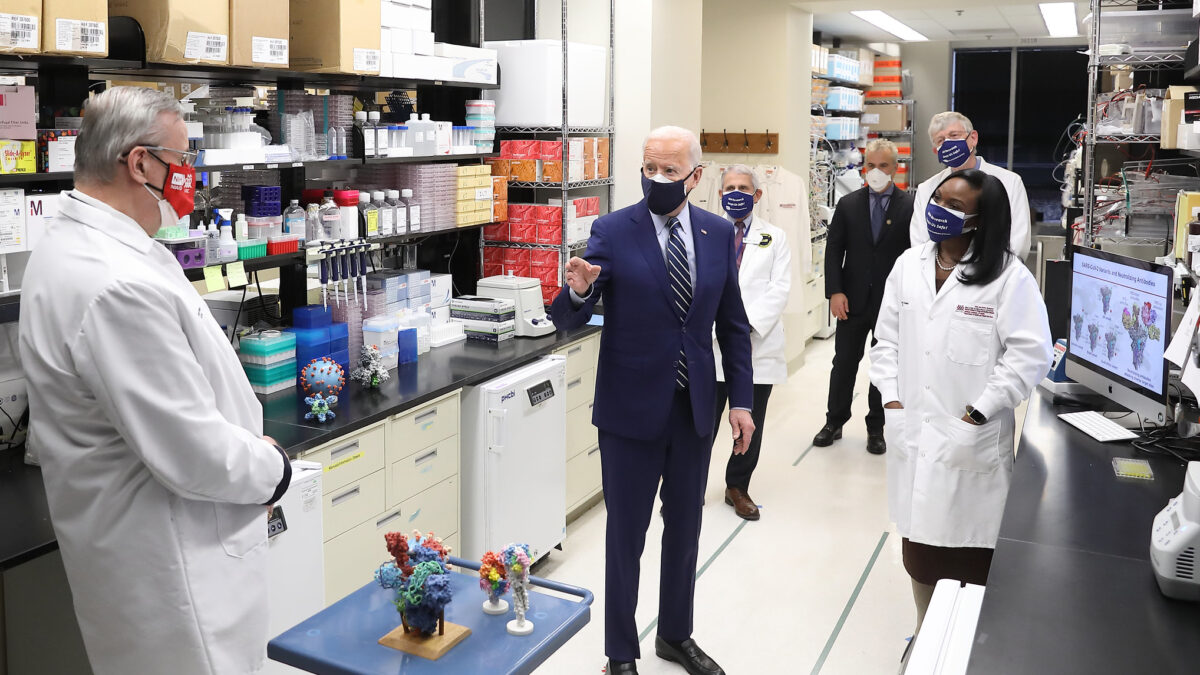Indiana passed the first and one of the strongest abortion bans in the country after the Supreme Court reversal of Roe v. Wade, only to be thwarted by the state’s bureaucrats.
The new law, with exceptions for rape, incest, lethal fetal anomaly, and serious threat to the mother’s health, blocked hundreds of abortions. Once the law went into effect, the number of abortions in the last quarter of 2023 drastically dropped to just 46 in the entire state, compared to 1,724 abortions in the same time period a year before.
At the same time abortion numbers began to drop in Indiana, the state’s department of health, which tracks each abortion that takes place in Indiana, stopped issuing what are called terminated pregnancy reports. The reports, which dated back to the 1970s, provided watchdog groups with a window into the abortion industry, allowing them to do oversight and submit complaints regarding doctors not following the law.
With dramatically fewer abortions taking place with the new ban, the Indiana Department of Health argued patients would be more easily identifiable. With the backing of the state’s public access counselor, the department ceased making the individual reports available, claiming that they were now medical records and no longer subject to the state’s public access law. Indiana’s Republican-controlled legislature and Republican Gov. Eric Holcomb increased the health department’s funding in the last legislative session from $7 million to $150 million per year.
Now just weeks after Indiana’s Attorney General Todd Rokita challenged the health department’s decision to withhold these reports, South Bend, Indiana-based Voices for Life is suing the health department to release them. It is the exact course of action Rokita suggested in his press conference, because it was his opinion that the abortion reports—which do not disclose private identifying information—remain public records and should be open to the public.
If someone can’t get access, he said, “You have the right to sue the State of Indiana. That’s the bottom line.” Voices for Life, which filed its lawsuit this week, is represented by Thomas More Society, a legal nonprofit that frequently works on behalf of pro-life initiatives.
In the last two years, Voices for Life has submitted complaints for 701 abortion cases to both the attorney general’s office and the health department from information the group’s enforcement team gathered from terminated pregnancy reports. Groups like Voices for Life serve an important role, because the attorney general is prohibited from starting investigations on such matters on his own. A member of the public must initiate the investigation.
Voices for Life tracks Indiana’s abortions and provides detailed information on its web site, featuring the doctors who perform abortions and their violations, which are as severe as maternal deaths and babies born alive. As Voices for Life notes on its page, “Any industry that profits off the taking of innocent human life isn’t interested in following the law.”
Maintaining public access to the abortion reports is essential with the new abortion ban in place to make sure the exception loopholes are not abused, according to Voices for Life executive director Melanie Lyon. The goal is not to go after women, but to make sure that doctors are held accountable, she says.
She argued Indiana’s Republican-overseen health department is not helping women by deciding to hide records from the public, it’s helping provide cover for abortionists.
“This isn’t about protecting women. This is about protecting dangerous abortion providers from public scrutiny and consequences for illegal activity,” said Lyon when announcing her lawsuit.
Without the terminated pregnancy reports, there can be no oversight of the new law. That is why having this situation resolved is so important to both Voices for Life and the attorney general’s office.
While the state’s health department continues to release aggregated quarterly reports, Lyon explained in a letter to supporters why individual terminated pregnancy reports are still essential: “The most recent Indiana abortion quarterly totals listed one baby born alive after a botched abortion. Because the health department is hiding the individual abortion report, we can’t see 1) which hospital performed the botched abortion, 2) which abortionist committed the grisly deed or 3) the type of abortion procedure.”
“Without such crucial data, enforcement is impossible,” Lyon concludes. That is why the eventual re-release of terminated pregnancy reports is essential if Indiana is to ensure that the abortion ban its legislature and governor enacted is actually the law of the land.









